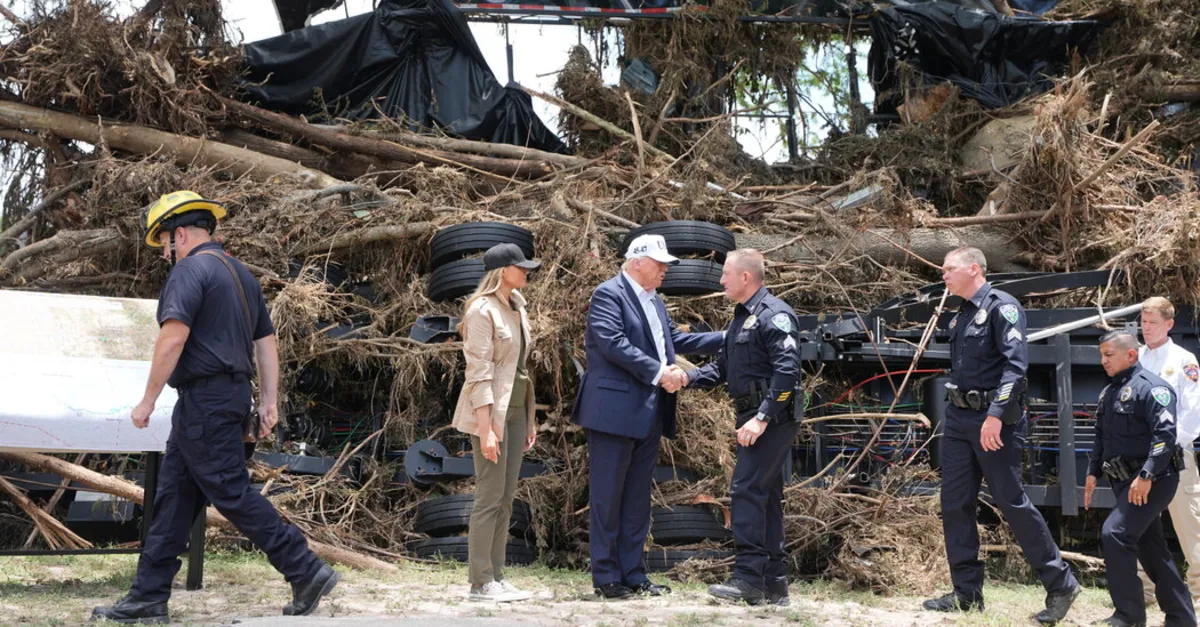
Just days into his second term, President Donald Trump made headlines by announcing his intention to recommend that the Federal Emergency Management Agency (FEMA) “go away.” He characterized the agency as bloated and ineffective, prompting a wave of speculation about its future. During a March cabinet meeting, Kristi Noem, the secretary of homeland security, took a more direct approach, stating unequivocally: “We are going to eliminate FEMA.”
As the administration grapples with the devastating flooding in Texas, the narrative surrounding FEMA has shifted dramatically. No longer are Trump and his aides advocating for the complete dismantling of the agency. Instead, with the nation's attention on the federal government's ability to respond effectively to disasters, White House officials are emphasizing plans to overhaul FEMA. They assert that this has been the intention all along.
“We want FEMA to work well,” stated Russell T. Vought, the director of the Office of Management and Budget, during a press briefing on Friday. He noted that the president will continue to pose challenging questions to all of his agencies to ensure they are performing optimally.
The back-and-forth comments from the administration have contributed to a growing sense of confusion regarding the future of FEMA. The agency is currently dealing with significant challenges, including the loss of key officials. Notably, Cameron Hamilton was pushed out as acting director in May after he emphasized the critical role FEMA plays for communities “in their greatest times of need.” This statement came shortly after Noem's stark declaration that “FEMA as it exists today should be eliminated.”
Established in 1979 by President Jimmy Carter, FEMA is tasked with coordinating the federal response to disasters. The agency serves as a crucial support system for states that may be overwhelmed by the immediate needs of their communities during emergencies. As the current administration navigates its stance on FEMA, the importance of this agency remains vital, especially in the face of increasing natural disasters.
In conclusion, while President Trump initially proposed the elimination of FEMA, the recent catastrophic events have prompted a reconsideration of this approach. The focus now appears to be on reforming FEMA to enhance its effectiveness in disaster management, aligning with the agency's original purpose of supporting American communities in crisis.